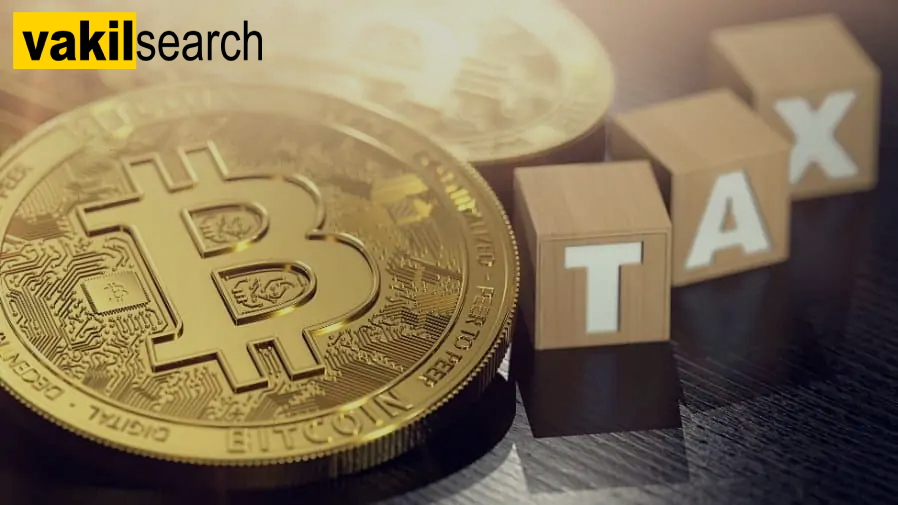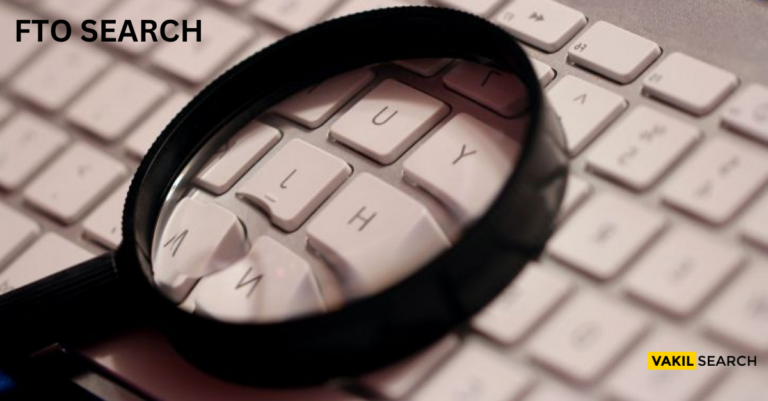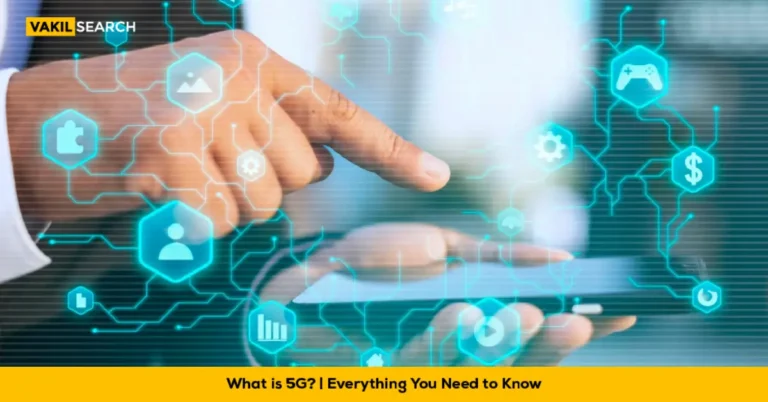In this article, we will be exploring the power of NFTs in Real Estate through the lens of ownership and investments
Introduction
The NFTs leveraged by the real estate industry have always been known for their traditional and somewhat complex processes. However, the rise of Non-Fungible Tokens (NFTs) has opened up new possibilities for the sector. NFTs, which are unique digital assets stored on the blockchain, have the potential to revolutionize the way we buy, sell, and invest in real estate. In this article, we will explore the various ways in which NFTs in the real estate industry, from tokenizing property ownership to unlocking liquidity and engaging buyers and investors.
Exploring the Potential of NFTs in the Real Estate Industry
The potential of NFTs in the real estate industry is vast. One of the most significant applications is the tokenization of property ownership. By representing real estate assets as NFTs, ownership can be easily transferred and recorded on the blockchain. This digitized representation of property ownership eliminates the need for traditional paper-based documentation and simplifies the process of buying, selling, and transferring properties.
Tokenizing Property Ownership: Transforming Real Estate with NFTs
Tokenizing property ownership through NFTs brings numerous benefits to the real estate industry. Firstly, it enhances transparency and trust in property transactions. The immutable nature of blockchain ensures that all ownership records are securely stored, making it easier to verify the history and authenticity of a property. This increased transparency reduces the risk of fraud and provides a higher level of confidence to buyers and sellers.
Furthermore, NFTs allow for fractional ownership of real estate assets. Instead of purchasing an entire property, investors can buy fractional NFTs representing a percentage of the property’s value. This fractional ownership model opens up real estate investments to a wider range of individuals who may not have had the means to invest in full properties previously. It also enables the diversification of investment portfolios by allowing investors to own fractions of multiple properties.
Enhancing Transparency and Trust with NFTs in Property Transactions
The transparency and trust brought by NFTs in property transactions extend beyond ownership records. Smart contracts, programmable agreements executed automatically when specific conditions are met, can be integrated with NFTs to automate various aspects of real estate transactions. These smart contracts can facilitate the execution of rental agreements, lease payments, property maintenance, and even property management. By automating these processes, the risk of human error and disputes is minimized, and all parties involved can have greater confidence in the transaction.
Unlocking Liquidity: NFTs as Tradable Assets in the Real Estate Market
NFTs also hold the potential to unlock liquidity in the real estate market. Traditionally, real estate investments have been considered illiquid, meaning they are not easily bought or sold. However, by tokenizing real estate assets as NFTs, these properties can be traded on digital marketplaces, allowing for greater liquidity. Investors can buy and sell fractional NFTs representing partial ownership in properties, providing an avenue for liquidity that was previously unavailable in the real estate market.
Real Estate Development and NFTs: Engaging Buyers and Investors
Real estate developers can leverage NFTs to engage buyers and investors in new and innovative ways. By tokenizing pre-construction properties or offering limited edition NFTs associated with a specific property, developers can create unique digital collectibles that offer exclusive benefits to the holders. These benefits may include access to special events, discounts on property purchases, or even the ability to influence certain design aspects of the development. These NFTs can create a sense of community and exclusivity among potential buyers, leading to increased interest and demand for the properties.
NFT Real Estate Use Cases
Exploring the diverse applications of NFT real estate within the metaverse unveils an array of possibilities shaped by the projects you engage with. Here, we delve into four compelling utilisation avenues for NFT real estate:
Advertising
NFT real estate opens avenues for creators to capitalise on their virtual holdings. They can offer access for a fee or engage in NFT trading. Brands seize this opportunity to advertise, orchestrate virtual product launches, and offer exclusive customer encounters. Notably, Nike’s venture into the metaverse with NIKELAND exemplifies this. This immersive realm becomes a playground where users engage in mini-games, embodying a virtual lifestyle centred on sports and recreation.
Socialising
Beyond financial investment, NFT real estate’s true potential shines in fostering connections. It serves as a digital haven where individuals converge with friends and like-minded peers. This virtual realm offers a canvas for shared gaming experiences and social interactions, redefining the meaning of virtual hangouts.
Work
The surge of remote work and digital collaboration reshaped work dynamics. NFT real estate transmutes into virtual office spaces or hubs for companies to offer their services. It’s a realm where professional interactions merge seamlessly with the virtual landscape, offering a novel approach to business operations.
Gaming
NFT real estate finds fertile ground in the realm of gaming. Platforms like Axie Infinity exemplify this synergy, where virtual land ownership translates to tangible in-game resources like tokens and crafting materials. This innovative integration underscores how NFT real estate can extend the gaming experience beyond the screen.
How Can NFTs Impact Traditional Real Estate?
The transformative potential of blockchain technology resonates deeply within the real estate sector, bringing NFTs to the forefront of innovation. Here are four distinctive ways NFTs can reshape the landscape of traditional real estate:
Enhanced Security and Transparency
Traditional property ownership documents susceptible to loss, alteration, or forgery find a solution in NFTs. Tokenising physical assets such as real estate ushers in efficiency and security. NFTs, residing on immutable blockchain ledgers, provide an ownership history accessible to all. This transparency and authenticity verification mitigate risks associated with fraudulent property documents, ensuring a secure and validated ownership process.
Fractional Ownership
Beyond the confines of collectibles, fractional NFTs extend to real estate. This innovative approach allows multiple individuals to collaboratively own and share the costs of a property. Fractional NFTs democratise access to real estate, minimising barriers for potential investors entering the market. This mechanism redefines property ownership, enabling broader participation and fostering diverse investment opportunities.
Augmented Liquidity
The challenge of liquidity, often dampening property values, encounters a solution through NFTs. Blockchain’s borderless nature expands the real estate market’s horizon, reaching a global spectrum of buyers. Increased market participants alleviate liquidity concerns, enhancing property value stability by facilitating seamless transactions across geographical boundaries.
Streamlined Exchange Processes
Traditionally sluggish real estate procedures encounter a revamp with NFT integration. Decentralised ledgers underpinning NFTs pave the way for streamlined, accelerated processes. The accessible transaction and ownership history ensures clarity and accountability for all stakeholders. Furthermore, smart contracts, blockchain-powered automated protocols, optimise asset exchange workflows, ensuring swift execution of transactions while reducing bureaucratic complexities.
FAQs
How can NFTs be used in real estate?
NFTs in real estate are unalterable digital records that signify ownership shares in properties. These certificates are securely stored on the Blockchain and are subject to trading or leasing, similar to traditional assets. NFTs have the versatility to symbolise diverse property forms, ranging from individual houses to entire urban areas.
How can companies leverage NFTs?
Through the utilisation of NFTs, businesses are providing distinctive and scarce digital collectibles, enabling customers to possess a portion of their preferred brand. The significance of these NFTs goes beyond mere ownership, as they can grant access to special privileges, events, and even one-of-a-kind virtual encounters within the metaverse.
What are the benefits of NFT real estate?
Enhanced transparency diminishes the potential for fraud, instilling greater buyer and seller assurance. Additionally, NFTs enable fractional ownership of real estate assets, permitting investors to acquire fractional NFTs representing a portion of the property's valuation rather than the entire property.
What does NFT stand for in real estate?
The realm of real estate has experienced a substantial shift due to the emergence of Non-Fungible Tokens (NFTs). NFTs, distinctive digital possessions resistant to duplication, have emerged as a perfect fit for facilitating digital ownership and trade within the real estate sector.
Conclusion
Non-Fungible Tokens (NFTs) have the potential to revolutionize the real estate industry by tokenizing property ownership, enhancing transparency and trust, unlocking liquidity, and engaging buyers and investors. By digitizing property ownership on the blockchain, NFTs simplify the buying, selling, and transferring of real estate assets. Fractional ownership through NFTs provides opportunities for a wider range of individuals to invest in real estate.
The transparency and programmability of NFTs enable the automation of various aspects of property transactions, minimizing the risk of disputes. NFTs also offer liquidity by allowing fractional ownership to be traded on digital marketplaces. Real estate developers can leverage NFTs to engage buyers and investors through unique digital collectibles associated with properties. As the real estate industry embraces this innovative technology, the potential for transformation and growth is immense.
Also, Read:










